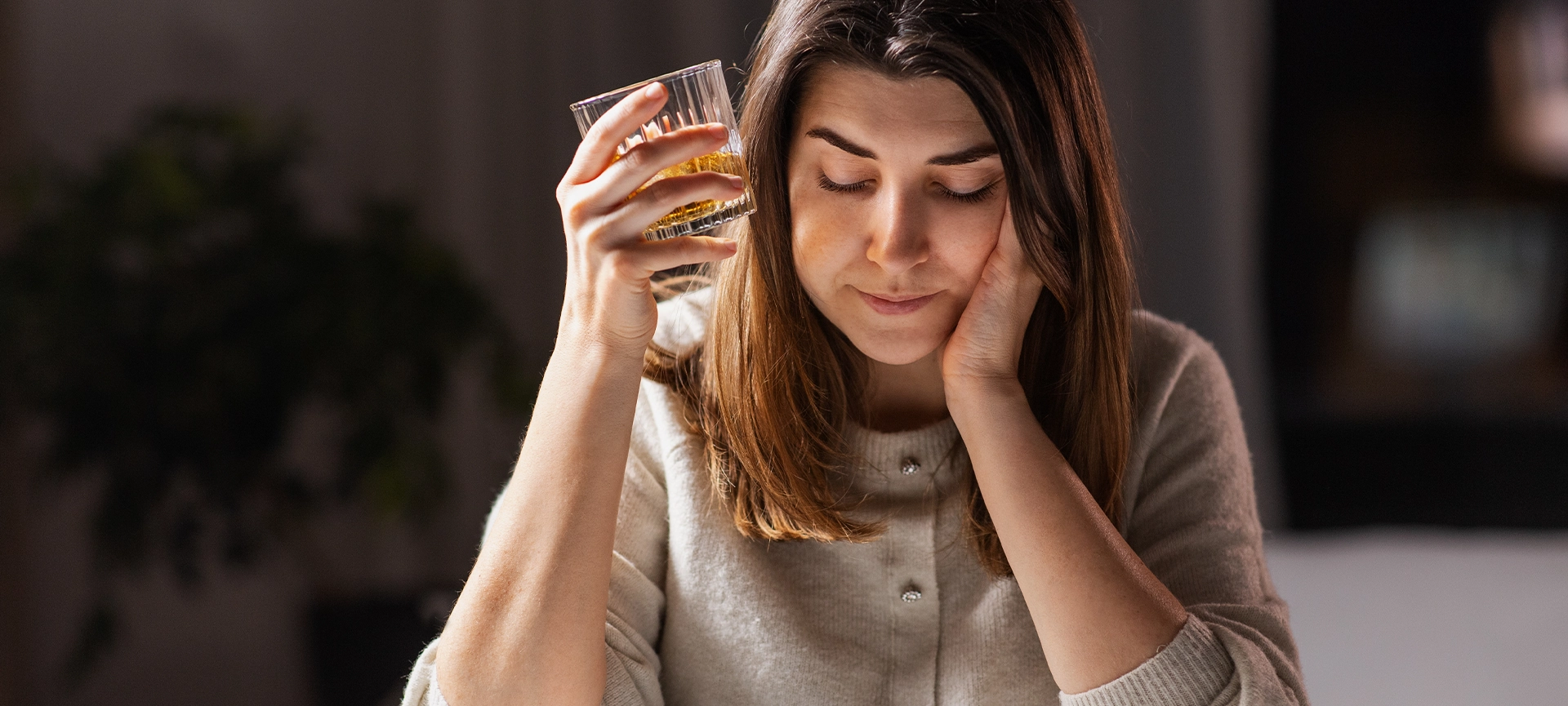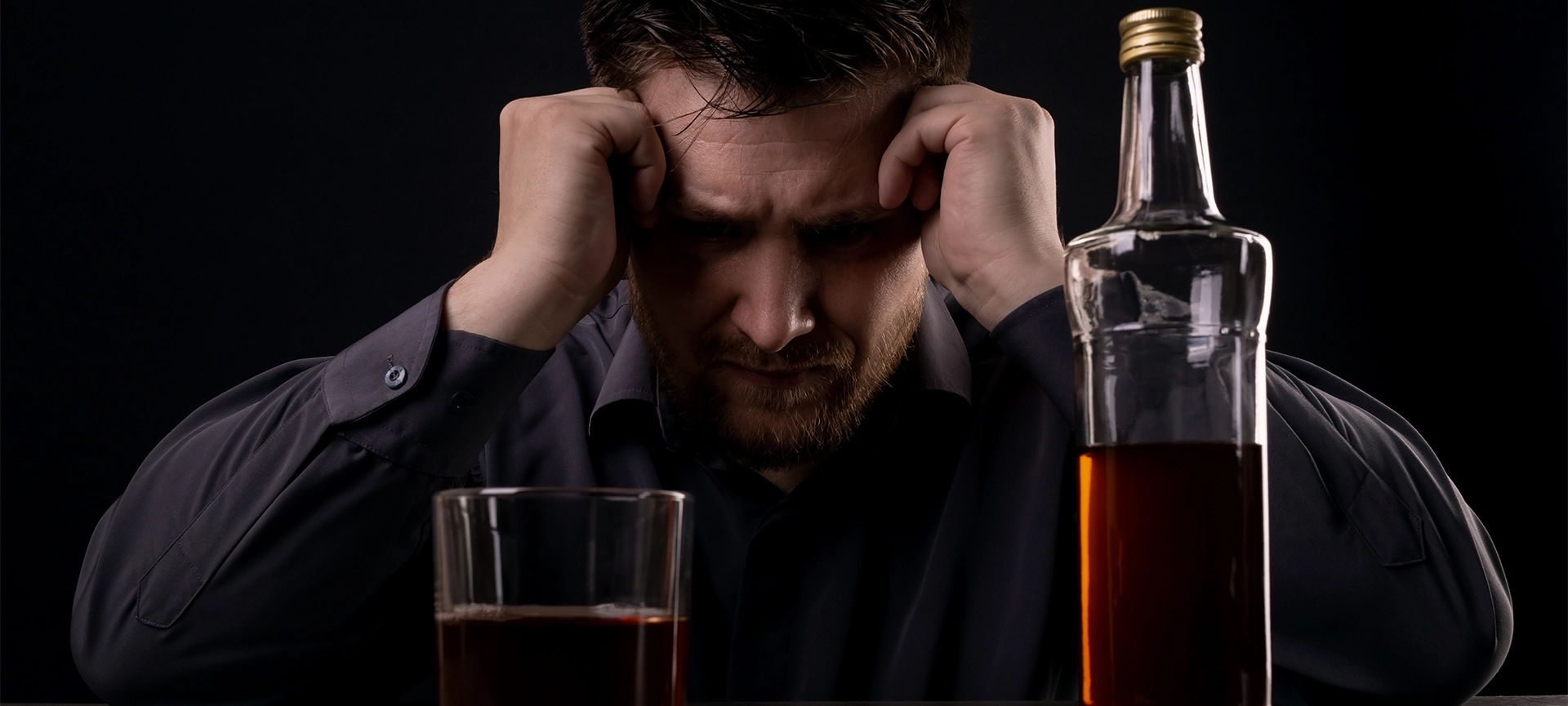A relapse prevention plan consists of measures, techniques, and tools to avoid falling back into bad habits. A relapse happens when one uses drugs or alcohol again after a period of abstinence. Recovery is a non-linear process with its ups and downs, and relapse can be part of it.
Relapse is common in the addiction treatment process. It should not be considered a failure, but after treatment, the goal should be to prevent relapse as much as possible. During treatment, you’ll utilise a relapse prevention plan template to help you develop a solid strategy to maintain recovery.
Drug and Alcohol Addiction Relapse
Currently, studies show that relapse is more than typical among recovering individuals. Previous studies said about 40% to 60% of people tended to relapse. More recent findings state that this number is as high as 85% in the first year of recovery. Finding ways to avoid relapse is the ultimate goal of any relapse prevention plan.
A recent study that was conducted in North America with a small group of 391 participants showed that those who stayed in addiction treatment for less than three months were 11.2 times more likely to relapse than those who spent more than three months in treatment. Additionally, those who abused two or more substances were 1.5 times more likely to relapse than those suffering from a singular addiction.
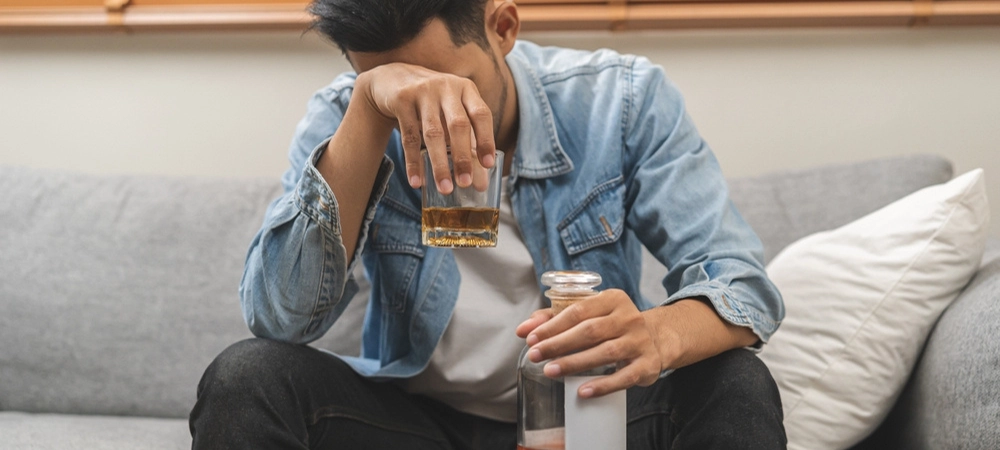
The Importance of Developing an Effective Relapse Prevention Plan
Creating a relapse prevention plan is an essential part of addiction treatment. As part of a recovery journey, you will be encouraged to develop a list of triggers and coping strategies to add to your plan as well as a list of individuals to include in your support system.
Early recovery is often difficult to navigate, but with a thoroughly developed relapse prevention plan, you can feel more confident about your ability to avoid drugs or alcohol and begin a new life. It’s also important to remember that you will get professional help during addiction treatment in creating your written plan, so there’s no need to worry about missing a step.
What is Relapse?
Relapse refers to a person’s breakdown in their attempt to manage their addiction after already going through treatment. It is a step back in someone’s attempt to change their thought patterns and physical reactions, and it usually results from stressors and triggers.
At this point, the medical community understands enough about relapse to know how it works – and how to best avoid it. Relapse triggers and chances differ from person to person. However, by understanding how relapse occurs, one can use many techniques to prevent it. A relapse prevention plan is precisely that, and different things work for different people. It is part of effective addiction treatment.
There are many things to consider when avoiding relapse. Each factor should be approached differently. Your triggers and negative thoughts could require medications, therapy, or support groups. There are many addiction treatment solutions catering to a multitude of circumstances. Individuals will utilise several solutions to stay on the path to recovery.
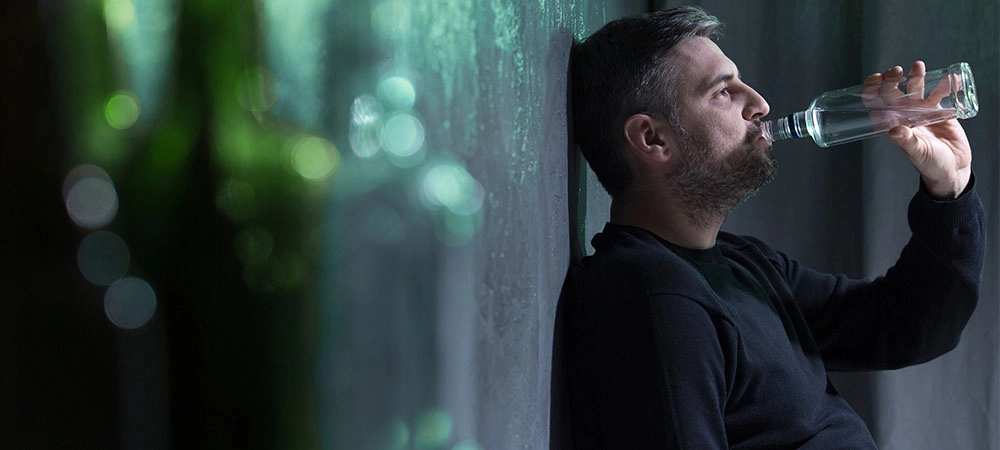
Are There Stages and Warning Signs of Relapse?
A relapse is not a sudden event; it is a gradual process. Generally, a person will start experiencing some small symptoms or notice a few changes in behaviour. Ideally, it is best to start looking into a relapse prevention plan as soon as possible. However, some people who are suffering from addiction might not catch or notice these things early on. While it is still possible to prevent a relapse in later stages, it might require a more intense approach.
The Three Stages of Relapse
The three stages of relapse are emotional relapse, mental relapse, and physical relapse. Each phase leads to the next where physical relapse signifies actually using drugs or alcohol.
Relapse is a slow process. It starts in subtle ways and then gets worse and worse. To effectively create a solid relapse prevention plan, you must understand the three stages and the warning signs associated with each. During your addiction treatment, you’ll learn how to recognize these stages so you can prevent relapse while in recovery.
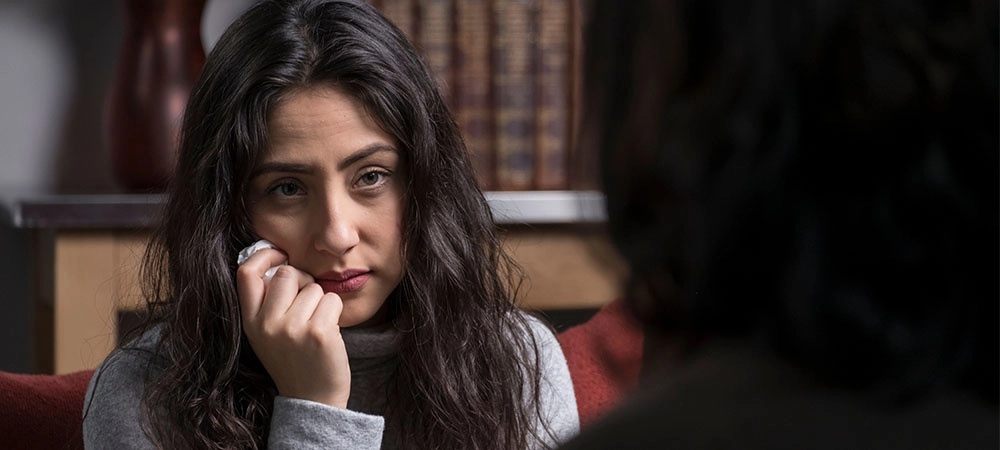
Emotional Relapse
This initial phase is subtle and hard to notice for some people. This is when you start engaging in behaviour that might lead to relapse. You are not actively or directly thinking of drug or alcohol use, but you might begin isolating yourself or having strong feelings of anxiety, anger, or sadness. And usually, you do not share those feelings. At times, you might notice changes in your behaviour and not do much about them. For example, your new healthy eating or sleeping habits may revert to destructive old habits. You may also notice self-care starting to slip.
Mental Relapse
Now, the actual thoughts of using start entering your mind. This might be the highest point of the internal conflict. You do not want to fall back into substance dependence, but you start missing aspects of consuming drugs. Similar to a toxic relationship, you start focusing on the good memories and feelings, while forgetting the downside. You could even find yourself hanging out at the same spots and with the same people associated with your phase of active addiction, creating an opportunity for relapse.
Physical Relapse
This is considered the final stage of relapse — the actual contact with drugs or alcohol. The first slip is enough to put you on the wrong path. Just because you don’t start using heavily right away, that doesn’t mean you won’t. By this point, any action to stop yourself is not part of a relapse prevention plan. It is a remedial action.
Symptoms And Signs
For each of the relapse stages, there are different signs one might give out. Knowing what to look out for will help you know what part of a relapse prevention plan might be best for your situation. If you know an individual in recovery and suffering from addiction, knowing these might help you know when someone might be at risk of relapse.
During the emotional relapse stage, one might experience:
- Anxiety
- Intolerance and/or short temper
- Easily angered, constantly angry
- Mood swings, moderate or severe
- Isolation in social situations, at work, and amongst family
- Defensiveness, primarily when the subject of relapse or getting help is addressed
- Not asking for help when struggling
- Not attending meetings or sessions for recovery
- Changes in eating habits (eating either too much or too little)
- Changes in sleeping habits (sleeping either too much or too little)
The second part of this process, mental relapse, is a period of great conflict. After emotions start to play a more significant role in affecting thoughts, the person might:
- Romanticise or glamorise substance use, thinking only of the good times
- Think nostalgically about the people they used with and places they’d go
- Lie about thoughts and habits related to substance abuse
- Hang out with old friends or family members who are not sober
- Fantasise about using drugs, imagining scenarios they could make happen to relapse
- Plan a possible relapse around other people’s schedules
This could be considered the transition phase from thoughts to actions. Taking preventative action at this stage might be the difference between restarting an addiction and staying clean.
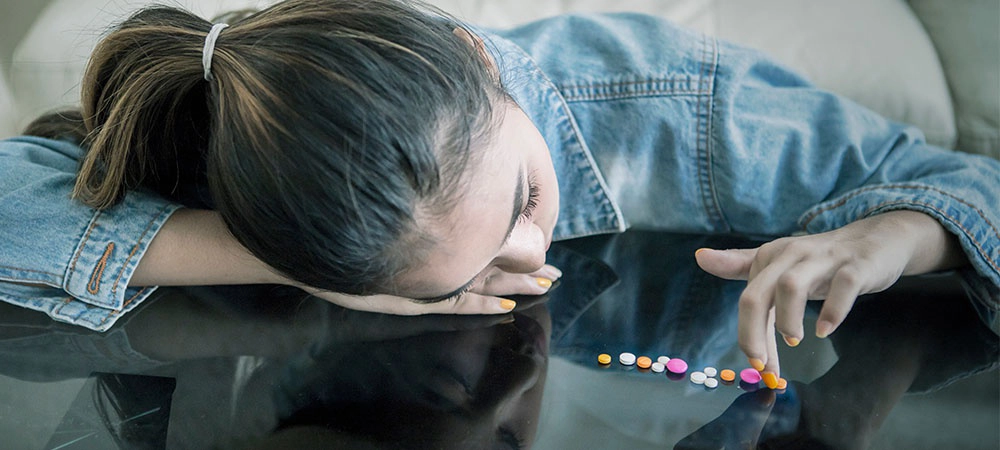
Dealing With Urges: Creating a Relapse Prevention Plan
A relapse prevention plan is not something set in stone, but rather, a list of possible measures. There are many proven, effective ways of dealing with each step. Nonetheless, having the right mindset is crucial for any of them to work. It might be hard, but the focus on recovery needs to be a priority.
One of the most defining factors of relapse prevention is identifying triggers. You need to understand what is making you crave or abuse substances. Substance dependence is the result of external stressors being too much to handle for current, known coping mechanisms. This is part of every addiction. Some of the most common ones are:
- Experiencing withdrawal symptoms and wanting to make them stop
- Being surrounded by enablers
- Bad relationships with people who are not supportive
- Having drug supplies and/or paraphernalia around
- Feelings of loneliness and/or purposelessness
- Depressing events such as unemployment, deaths, and breakups
- Places that remind you of using drugs or alcohol
More often than not, there are deeper underlying causes of addiction that can be a trigger for relapse. This is why therapy is of utmost importance: to help with recovery and relapse prevention, and to help you improve and understand yourself better.
From the list above, it is possible to conclude two things. One is that finding a way to manage withdrawal symptoms isn’t just about comfort or not wanting to feel pain. And second, that caring for yourself is a way to heal. Rewarding yourself for any wins, taking time for pleasant activities, and being generous and positive with yourself are some ways to avoid relapse.

Models of Relapse Prevention
There are several different views on relapse prevention just as there are different models of therapy and treatment. Relapse prevention models offer a variety of relapse prevention strategies.
Gorski-Cenaps Relapse Prevention Model
Known as an expert in the addiction treatment field, Terry Gorski is president of CENAPS and clinical director of its Relapse Prevention Certification School, which provides training for addiction treatment professionals. His model of relapse prevention includes the following nine steps:
- Self-control: Physical, psychological, and social stabilisation
- Integration: Completing a self-assessment
- Understanding: Educating yourself on relapse signs and prevention methods
- Self-knowledge: Identifying early warning signs for when relapse is likely
- Coping skills: Managing these warning signs effectively
- Change: Reviewing the recovery plan
- Awareness: This is acquired through practice and personal growth
- Support Group: Getting loved ones and friends involved
- Maintenance: An extensive follow-up plan

Marlatt’s Model of Relapse Prevention
Dr. Gordon Alan Marlatt, a University of Washington Psychology professor, founded this relapse model centred around high-risk situations.
Marlatt’s cognitive-behavioural model of relapse conceptualises relapse as a transitional process, a series of behaviours and activities that unfold over time. This differs from models that view relapse as an end-point or “failure of treatment.” The addition of flexibility is a key advantage of these transitional models: they offer guidance and opportunities for intervening at various stages in the relapse process to prevent or reduce relapse opportunities.
The basic ideology of Marlatt’s Model Relapse Prevention Therapy is a behavioural self-control program that is designed to teach individuals who are trying to maintain sobriety how to anticipate and deal with relapse. Support groups are also part of this model.
There are two basic goals to Marlett’s Model of Relapse Prevention
- To minimise the impact of high-risk situations by increasing awareness and building coping skills
- To limit the likeliness of relapse by promoting self-care, healthy habits, and a balanced lifestyle
While Marlatt’s model was designed for clients struggling with alcohol abuse, it has been applied to addictive and impulsive behaviours more broadly, including eating disorders.
Keys to a Successful Relapse Prevention Plan
There are several ways to deal with urges, both emotional and mental. By developing a list of what to expect and what coping strategies you can employ, your prevention plan can be more effective and specific to your needs.
Remind Yourself That Urges Don’t Last Forever
According to research, while urges can be strong, they may only last for about half an hour. When facing them, it might feel like an eternity, but bearing this in mind might help. Finding something to do and occupying yourself might be the best way to resist these urges.
Remind Yourself of Why You Quit Drugs or Alcohol
When thinking of substance use disorder, you need to remember the reasons you quit. Though there might have been good times, you quit because addiction was significantly hurting you and others in your life. Write these reasons down as reminders, or have people remind you of them — anything to make you remember that quitting was the best decision.
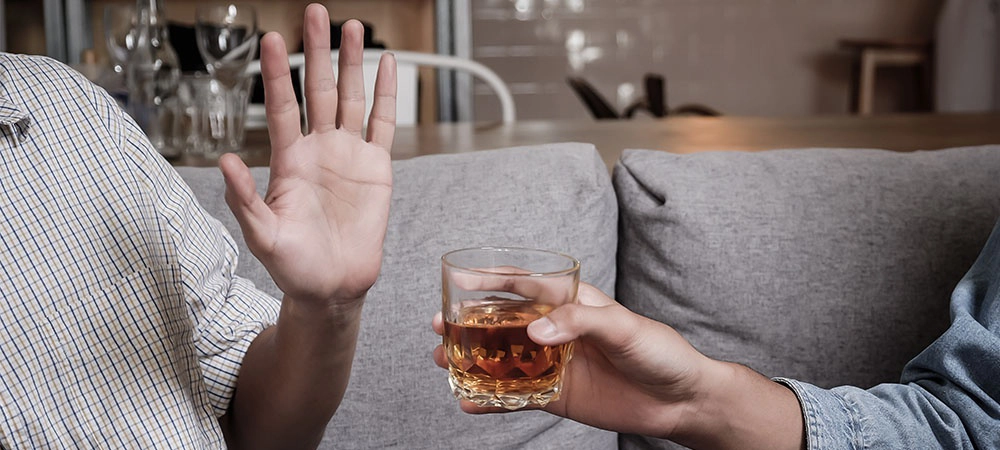
Reach Out to a Support Group or Your Support System
As part of your relapse prevention plan, you should have developed a list of people (such as friends and family members) who you can call on to help you stick with your recovery plan. You should also have a list of support groups that you can reach out to (like Alcoholics Anonymous) in case you need additional support. Many addiction treatment facilities offer different 12-step programs you can attend as part of your long-term recovery plan.
Practice Mindfulness-Based Relapse Prevention
Engaging in relaxation techniques like meditation, breathwork, and yoga will help you slow down your mind and refocus on the bigger picture. It is also an excellent way to practice self-care. Slowing down your mind will help you review your thought patterns and avoid old habits that led to negative experiences.

Avoid Negative Influences (Triggers)
When creating a relapse prevention plan, health professionals at your treatment centre will have you develop a written document of all the people in your life that triggered your substance abuse. It may seem difficult to cut people out of your life, but remember that it is ultimately what’s best for you. Moving forward in your life will often mean letting go of the past. You may not need to avoid these individuals for the rest of your life, but it’s best to do so in early recovery.
Getting Help for Addiction
Addiction recovery is a rough road, full of turns and ups and downs. But in the end, that journey is worth it, and much less dark than going further down the path of addiction. Having the right people helping and supporting you can make the journey easier and much lighter.
At Addiction Rehab Toronto, we have the right people. We provide addiction treatment that is customised to your needs, that includes the development of a comprehensive relapse prevention plan. From therapy to group activities, the goal is to give you all the tools you need to overcome alcohol or drug addiction and make it through the recovery stages.





